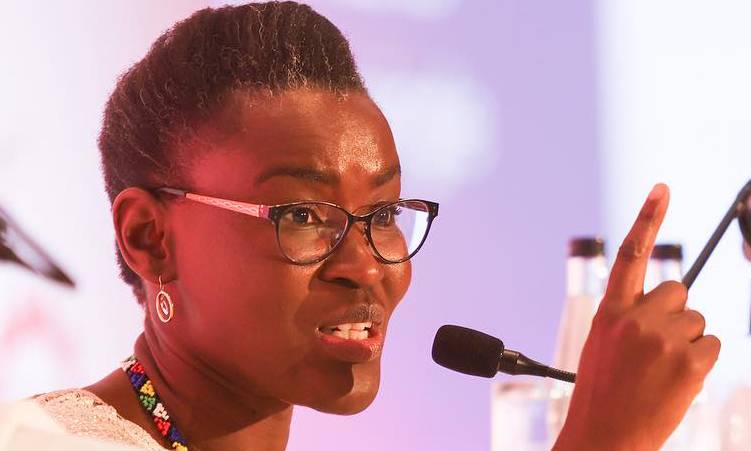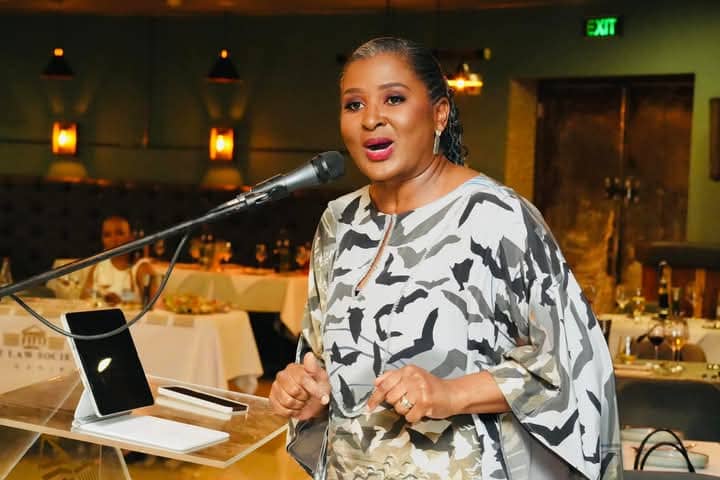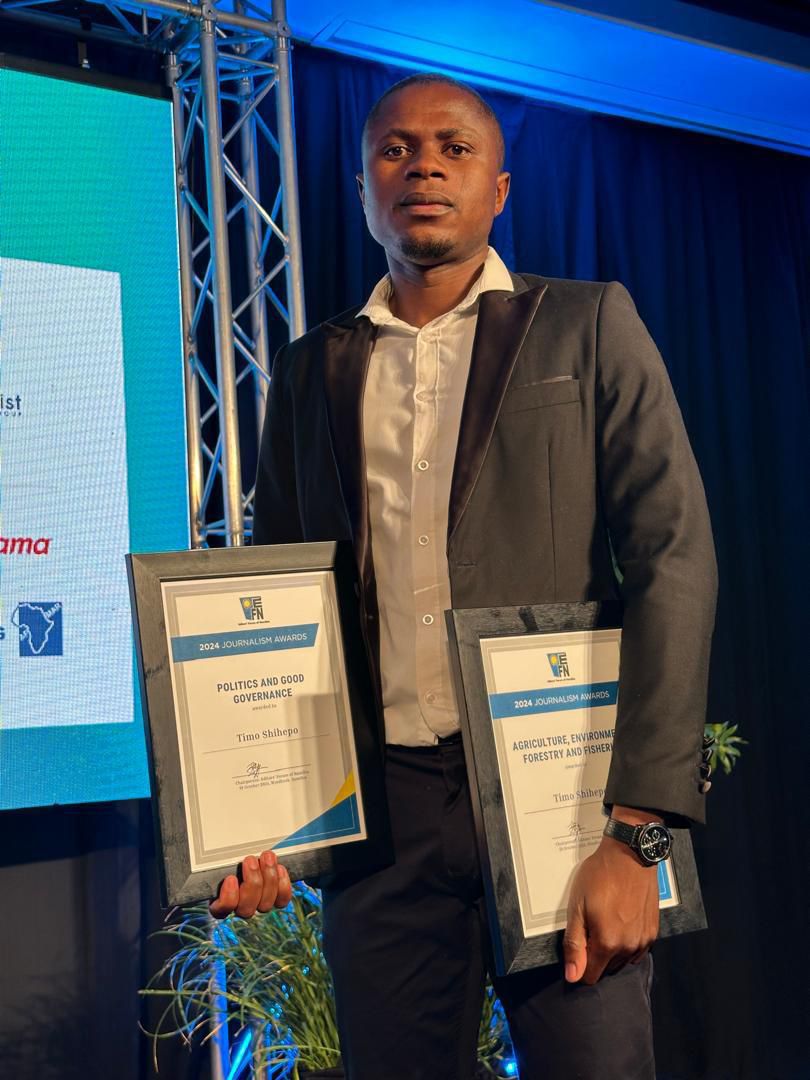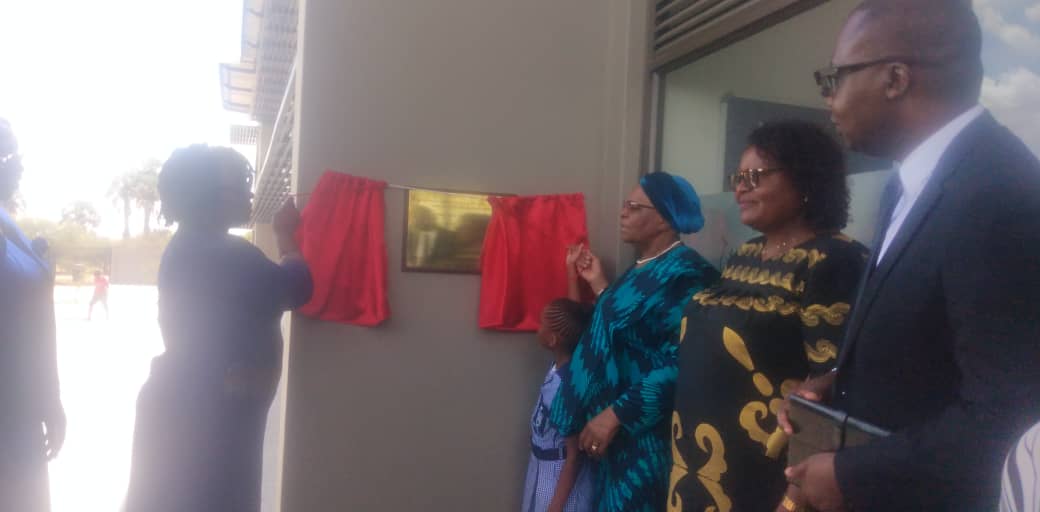Independent presidential aspirant Ally Angula says she has not given up on her dream and will bounce back come 2029.
Angula failed to garner the 7 000 signatures required by the Electoral Commission of Namibia (ECN) for her to participate in the upcoming November elections.
She says she was inconvenienced by ECN’s “faulty” system which delayed her submission of the required number of signatures.
“We left here and the system was turned on at 20h04 yesterday evening for us to submit. And the system went off again at 06h00 this morning, when we were told we would have the ability and the opportunity to submit until 09h00 this morning,” she says.
Angula says she will not challenge the system.
“Clearly, it is set up to accomplish a particular goal, but it is not supportive of independent candidates. I’m disappointed,” she says.
ECN chairperson Elsie Nghikembua yesterday announced that the commission rejected the nominations of Elsie Chen, Jeremiah Kambo and Ally Angula as candidates for the presidential election.
“After careful consideration of the nomination documents submitted to the commission, I have rejected the nominations of these candidates for the upcoming presidential election,” she said.
Nghikembua said some signatures collected from Angula’s supporters did not match the signatures in the voter registration system.
“On the system, the supporters provided full signatures, but the list submitted to us contained only initials where full signatures were required, raising concerns about the validity of the submission.”
She said Angula only submitted 5 653 of the 7 000 required signatures, leaving her 1 347 signatures short across eight regions.
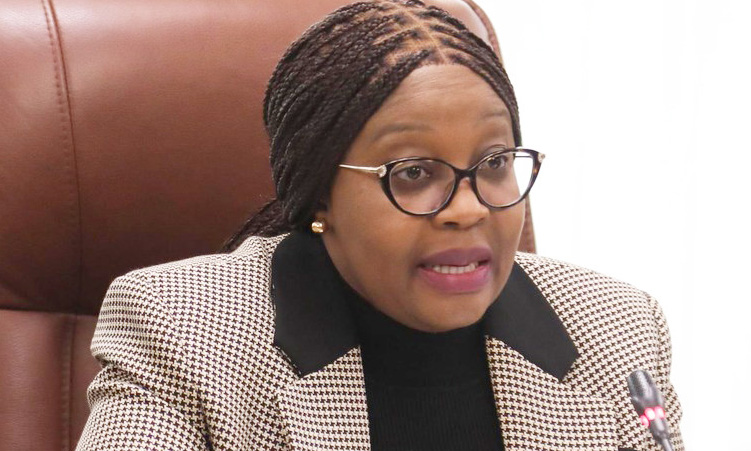
“She successfully submitted for six out of the 14 regions. These are the reasons for rejecting her nomination,” Nghikembua said.
She also said Chen’s nomination did not meet the requirements as it was not supported by at least 500 registered voters per region.
“The candidate manually submitted documents for six regions. However, out of the 14 regions, not a single one met the criteria of 500 registered voters,” said Nghikembwa.
She said Kambo was also not supported by at least 500 registered voters per region.
“Additionally, the signature on the form where the candidate consented to his nomination did not match the signature on his voter registration application,” she added.
She said Kambo expressed his dissatisfaction with the process in an email.
“The issue remained unresolved, as the signature on the form did not correspond with the one in the voter registration system, and we received no response to the letter we sent asking for clarification,” she said.
Independent Patriots for Change leader Panduleni Itula, who contested as an independent candidate in 2019, says the ECN process of gathering signatures is difficult.
“You need to collect 500 signatures from each region which took me 10 months to do. If you’re using the electoral roll that was published on the 30th of September, you’d only have 12 days to collect 7 000 signatures,” he says.
The candidates whose nominations are valid for the upcoming election, scheduled for 27 November, are listed below in alphabetical order by party: Erastus Shuumbwa of Action Democratic Movement, Job Amupanda of Affirmative Repositioning, Ambrosius Kumbwa of All People’s Party, Festus Thomas of the Body of Christ party, Vaino Amuthenu of the Congress of Democrats, Panduleni Itula of Independent Patriots for Change, Bernadus Swartbooi of the Landless People’s Movement, Epafras Mukwiilongo of the Namibia Economic Freedom Fighters, McHenry Venaani of Popular Democratic Movement, Mike Kavekotora of Rally for Democracy and Progress, Henk Mudge of the Republican Party, Evilastus Kaaronda of Swanu of Namibia, Netumbo Nandi-Ndaitwah of Swapo, Hendrik Gaobaeb of the United Democratic Front of Namibia, and Sakaria Likuwa of the United Namibians Party.
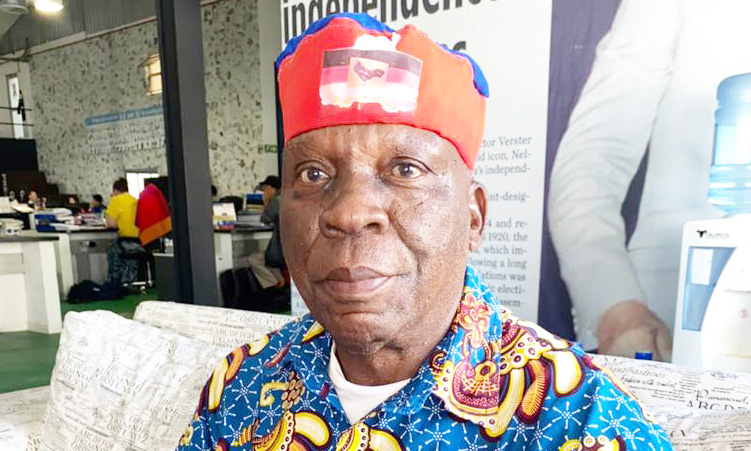
TOO BROKE TO BE PRESIDENT
National Democratic Party (NDP) president Martin Lukato says he could not pay the fee required to be registered as a presidential candidate.
“I could not manage to pay the money in previous years because we are not part and parcel of those who are benefiting from the resources of this country,” says Lukato.
He says the NDP will participate in the National Assembly elections.
“[We will] concentrate on the National Assembly to give us more votes in big numbers because it’s where we can change the system of Namibia. We can change this country when we score many seats in parliament,” he says.
CHANGE OF PLANS
Meanwhile, Rosa Namises, who was also running as an independent candidate, says that after consultations with their supporters, they opted to register a political party under the name Voice of Namibia.
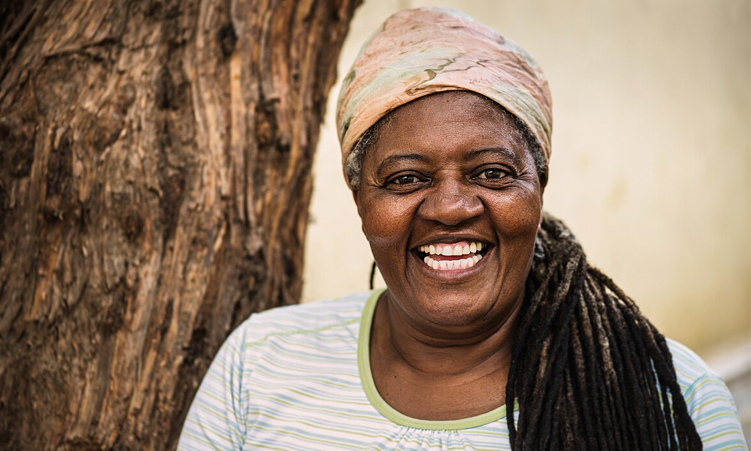
This would have enabled them to compete in both the presidential and national elections.
“This decision was further attributed to resources which were stretched thin, and we could not cover all 14 regions due to time constraints to have 7 500 registered voters for the independent candidate, but we managed to cover seven regions with 3 900 voters,” she adds.
“We complied as per the Electoral Act and handed in our request to be registered and paid the required fees.”
“As of late, we tried to contact ECN via email, phone calls and in person visits to determine our status. But ECN, to date, has not responded to us officially as they did for all other parties that were engaged in the same process as us,” she says.
ECN spokesperson Mulauli Siluka has confirmed that the commission has seen the application.
“The application is still being looked at to see if it meets all the requirements as provided by the act,” he says.
United People’s Movement (UPM) president Jan van Wyk, who supported Angula, says there was a clear plan to sabotage her.
“We tried to go into these regions to collect new signatures and so on, but unfortunately we could not upload all those forms onto the system for the mere reason that the system does not speak to what we are doing in practice,” he says.
He says UPM will still decide on who to vote for in the presidential elections.
Political analyst Ndumba Kamwanyah says the process is unfair for independent candidates, because the requirements are more stringent than what is required for political parties.
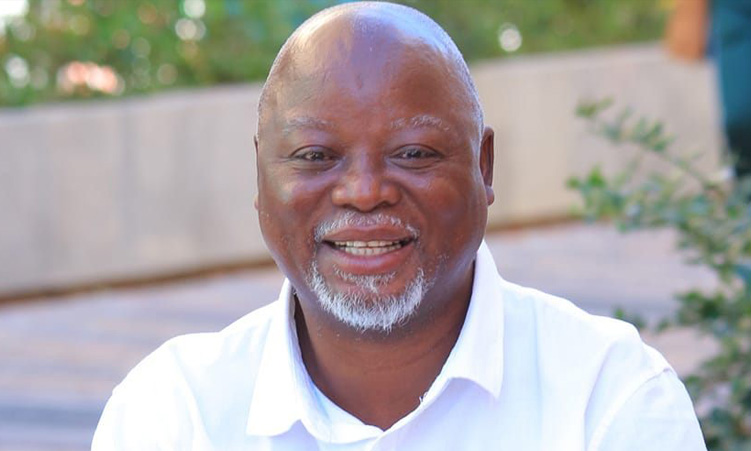
“The Namibian political culture hasn’t really warmed up to independent candidates. In fact, one could see that there is a reverse from the 2019 and 2020 elections where we saw the public warming up to independent candidates. But I think within this year, I have seen that the public is not really eager,” says Kamwanyah.
He says with this election, the public is standing behind established political parties.
“It is a sad situation for our country that we need to have a large pool for the voters to choose from. But now that pool has been narrowed to only establish political parties,” he says.
Kamwanyah says there seems to be some sort of chaos among opposition parties.
“We are seeing them disintegrate because of internal conflict, disorganisation, not really running a compelling campaign,” he says.
“It is troublesome for the opposition parties if they don’t really come up with a strategy, especially at the presidential level where some of these smaller parties know that their candidate will not garner any votes,” adds Kamwanyah.
Stay informed with The Namibian – your source for credible journalism. Get in-depth reporting and opinions for
only N$85 a month. Invest in journalism, invest in democracy –
Subscribe Now!


